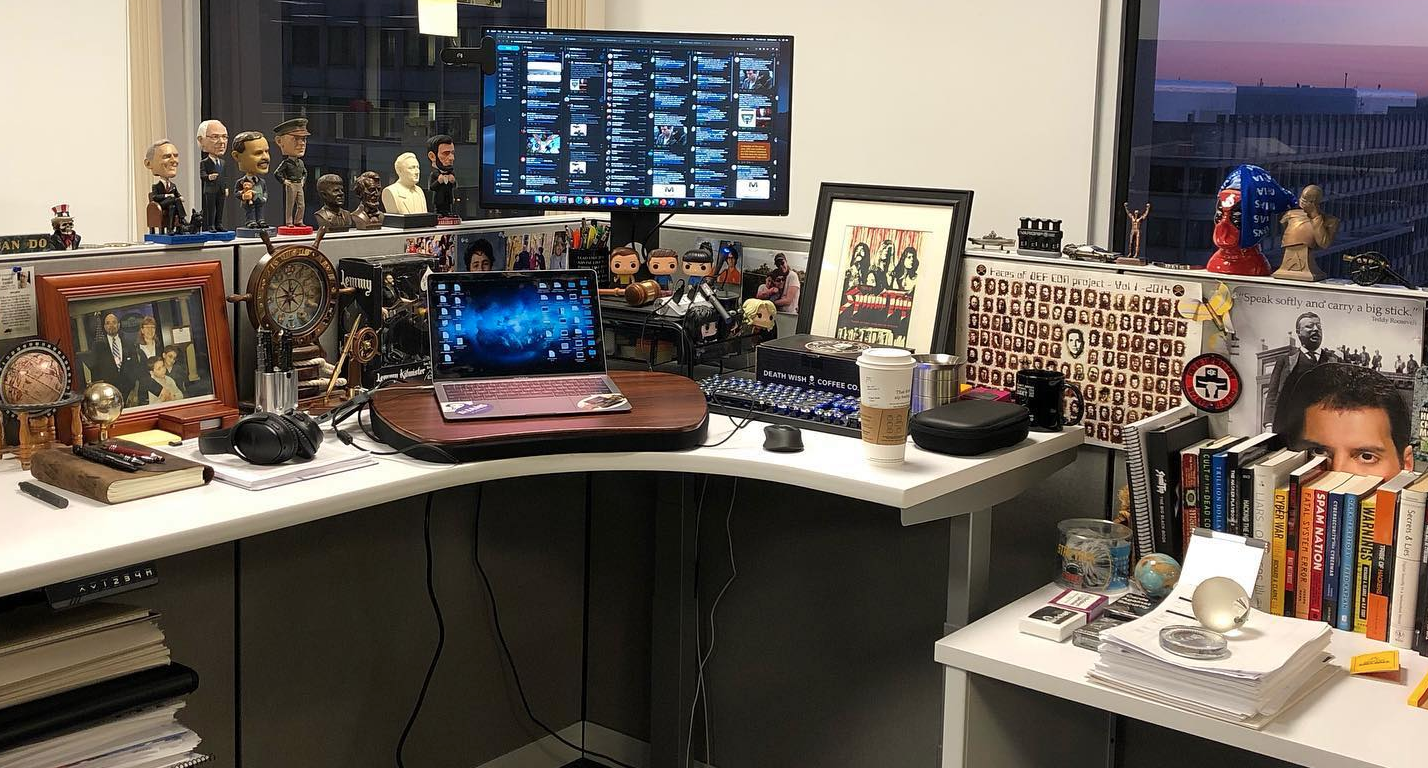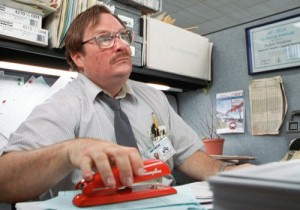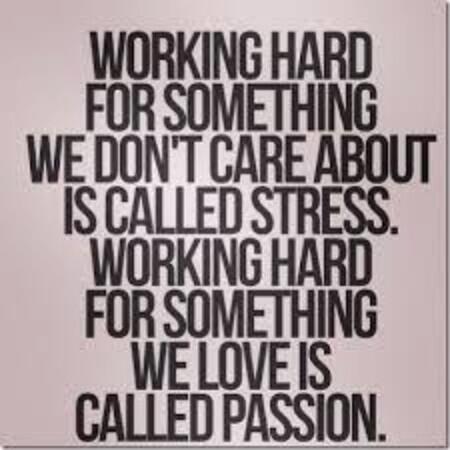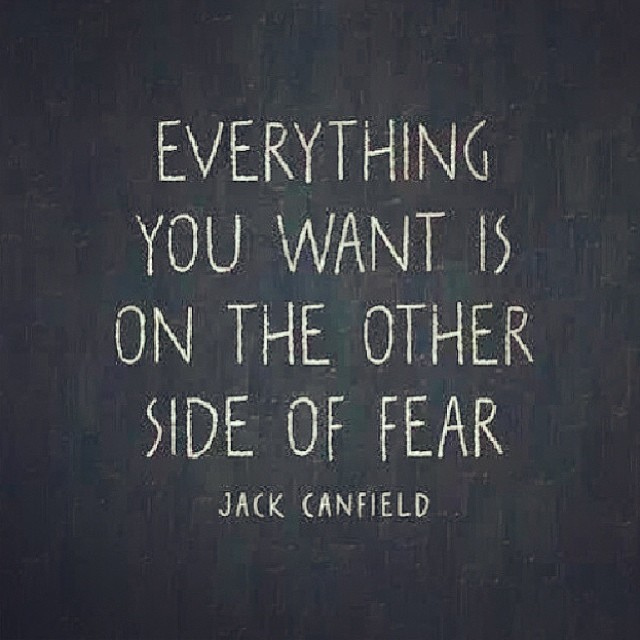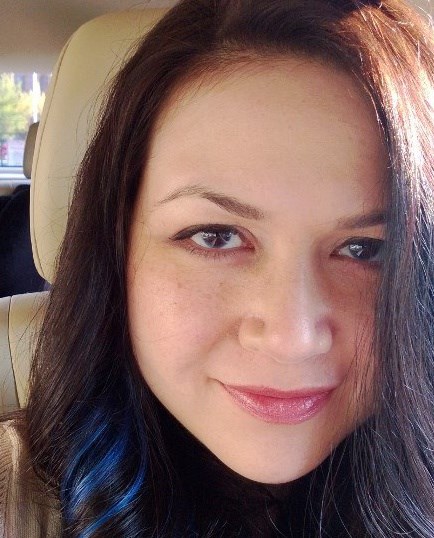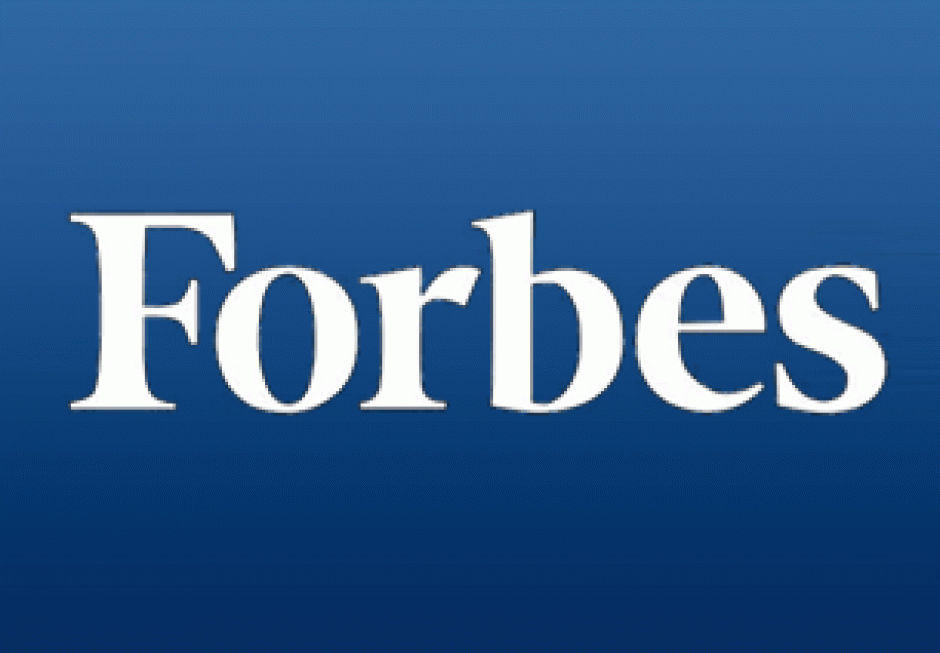I’ve always been driven by my work — as a journalist, as someone responsible for completing the business my father left behind five years ago and especially in the role I play in the cybersecurity industry.
Work is certainly keeping me going during this pandemic. Amid physical distancing, there’s extra time to reflect on the last couple years.
I’ll talk more about the family business another time. For now, some words about my main job.
Mood Music:
I’m fortunate to work in information security. I get to do my part, however small, in fulfilling several of society’s fundamental needs: keeping businesses running, keeping society safe from bad guys who would do us harm through our web-based tools and keeping people healthy.
In the past month, my company has released a lot of research on business continuity, protecting vital tech infrastructure from attackers looking to exploit our preoccupation with the pandemic. It’s also released research on helping medical institutions keep cyber threats at bay as they try to treat a growing influx of patients. Our content is usually for paying clients, but we’ve made all COVID-19 research publicly available.
The crisis adds fresh clarity to why I took this particular job two years ago.
I’ve always thrived on challenge, going for roles outside my comfort zone in a desire to push my personal evolution to the limit. I had a successful job as an infosec journalist but wanted experience actually doing the things I wrote about. That led me to Akamai Technologies, where I helped with incident response, in-house security training and development of a security research machine. I wanted to immerse myself in content marketing for a security vendor, so I went to Sophos, working with lab researchers to put their findings into writing. My current role at IANS returned me to familiar territory: I’m in an editorial director role, this time with security professionals who are members of our faculty.
This current role is probably the hardest, most rewarding I’ve ever had. I work directly with the company CEO — a career first — oversee development of a curriculum and work a lot more closely with clients than past roles allowed.
My mental wiring isn’t a natural fit for this work. But I’ve learned a ton and have certainly pushed my evolution to new heights. Through it all, I’ve been fortunate to be able to help people manage complex problems. I’m immensely grateful for that. Whatever this pandemic brings in the weeks ahead, I’m all in.
The more uncertain life gets, the harder I work. The more I see opportunities to help to society, the more I will double down.
I see enough people determined to do their part, whether they work in tech or as food-delivery drivers, medics or bankers, to know that society will get through this. We may even emerge on the other side better than we were. (I always try to be optimistic. I see no reason to stop now.)
No doubt there are many who aren’t as lucky and can’t lean on their work right now. My heart aches for everyone who lost their jobs at hotels, movie houses, restaurants, airlines, hair salons and other businesses forced to shut down as people shelter in place.
The fact that my industry isn’t so drastically affected (so far) means I’m simply going to work even harder. I simply must.
Thanks to those who make it possible for me to keep working, and thanks to those who continue to teach me new things along the way.

